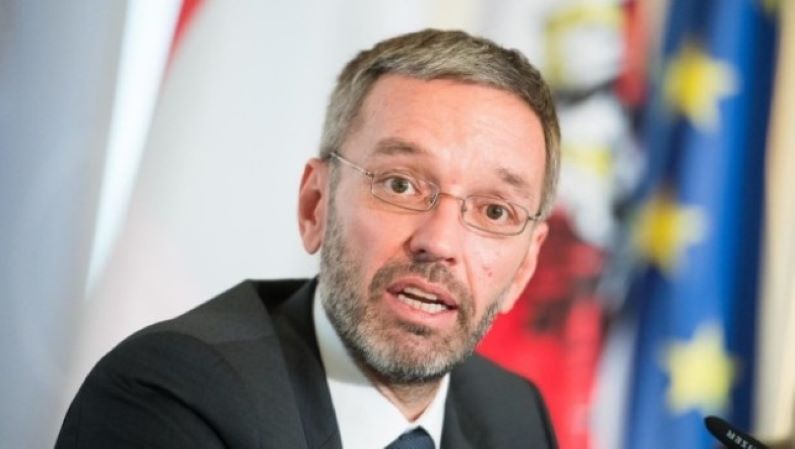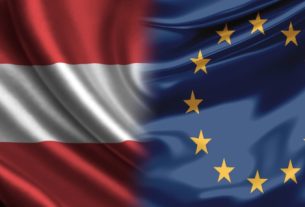After the Freedom Party of Austria (FPÖ) secured a historic victory in Vorarlberg, leader Herbert Kickl is pushing forward with a second round of exploratory talks with the Social Democrats (SPÖ) and the Austrian People’s Party (ÖVP) this week. Kickl has urged the “reasonable forces” within the ÖVP to reconsider their stance, but ÖVP General Secretary Christian Stocker’s message remains as unyielding as ever: Kickl lacks not only the parliamentary majority needed to govern but also the broader acceptance of the Austrian public.
In a bid to capitalize on the FPÖ’s momentum, Kickl called for respect for the voters’ will, which propelled the party to first place. This gambit ratcheted up the pressure on the ÖVP, with party leaders set to meet for talks on Monday, as requested by President Alexander Van der Bellen. But the long shadow of Austria’s previous coalition experiences looms large, shaping Stocker’s response.
On Monday afternoon, Stocker took the podium to reiterate the ÖVP’s pre-election position: while the party recognizes that the strongest vote-getter should be given the opportunity to form a government, the stance of leader Karl Nehammer remains unchanged. “We will not engage in coalition negotiations with Herbert Kickl,” Stocker declared, a position first cemented over the summer. The ÖVP’s decision to hold firm, even in the face of FPÖ’s electoral surge, reflects a broader commitment to its nearly 1.3 million voters—a pledge not to repeat history.
FPÖ and ÖVP: A Chasm Too Wide to Bridge
Stocker painted a stark picture of the ideological divide between the two parties, underscoring what he called “a vast gulf in worldviews.” The FPÖ’s association with conspiracy theories and its reluctance to distance itself from groups like the Identitarians were cited as fundamental barriers. “A coalition with Herbert Kickl is out of the question,” Stocker asserted, pointing to the FPÖ’s rhetoric and policies as anathema to the values the ÖVP espouses.
The backlash over past coalitions with the FPÖ still reverberates within Austrian politics. The ÖVP-FPÖ coalition that collapsed in 2019 amid the “Ibiza affair”—a scandal involving FPÖ leaders caught on video offering political favors in exchange for campaign support—remains fresh in the public memory. Those tumultuous years underscored the risks of partnering with a party often accused of playing fast and loose with democratic norms. It’s a legacy that Stocker made clear his party is unwilling to revisit.
Despite the FPÖ’s triumph in the polls, the realities of Austria’s proportional representation system mean that Kickl’s path to power is far from straightforward. Stocker reminded his audience that, without a majority in parliament, Kickl cannot govern alone and must find a coalition partner—something that remains elusive. He noted, pointedly, that public support for Kickl is lacking, a consequence, he suggested, of the FPÖ leader’s abrasive style. “If you spend five years labeling everyone else as dictators and traitors, you shouldn’t be surprised when no one is willing to form a coalition with you. It’s a lonely place to be,” Stocker concluded.
As the next round of talks approaches, the stage is set for a political showdown that reflects deeper tensions within Austria’s body politic—tensions over identity, governance, and the limits of political partnership. For now, the FPÖ’s quest for power remains just that—a quest, with the road ahead fraught with obstacles that may prove insurmountable.





